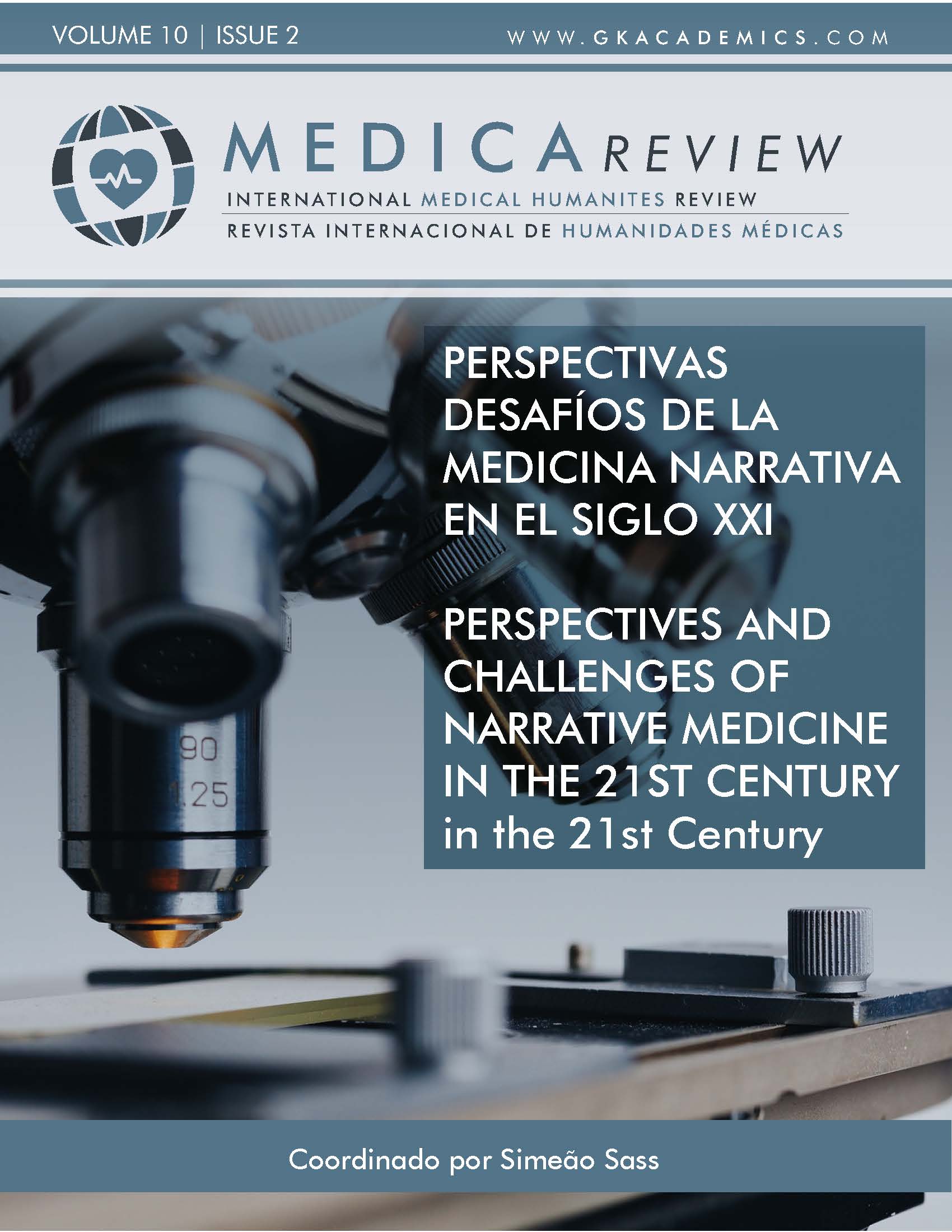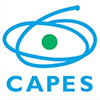Humanities, Medicine and Art: Ten Year of Experience and Next Challenges
DOI:
https://doi.org/10.37467/gkarevmedica.v10.3197Keywords:
Narrative medicine, Medical education, Humanities, Humanization of assistance, LiteratureAbstract
This article presents the ten-year work of the Humanidades, Medicina e Arte group, which used literature and other arts as instruments for reflection and writing carried out by undergraduate students. Subsequently, other practices of Narrative Medicine were included in the meetings and in some disciplines. To evaluate the impact of this work, we carried out a study on the perception of students after participating in these activities. The results revealed a positive impact on the participants. However, there are numerous challenges to expand the reach of the group in medical education.
References
Andrade, L., Fernandes, A.P.J.F., & Campello, T.B. (2021, julho/dezembro). Medicina Narrativa, José Saramago e a Pandemia. Diversitates International Journal, 13(2), M01-M10. DOI 1053357/QJGN7756 DOI: https://doi.org/10.53357/QJGN7756
Antunes, J. L. (2015). Ouvir com outros olhos. Gradiva Publicações S.A.
Bardin, L. (1977). Análise de conteúdo. Editora Edições 70.
Charon, R. (2006). Narrative Medicine: Honoring the Stories of Ilness. Oxford University Press.
Flexner, A. (1910). Medical Education in the United States and Canada. Carnegie Foundation for The Advancement of Teaching (Bulletin 4). DOI: https://doi.org/10.1126/science.32.810.41
Geovanini, F., Otero, L., & Teixeira, S. (2021a, julho/dezembro). O impacto da Medicina Narrativa na formação médica: uma revisão bibliográfica. Diversitates International Journal, 13(2), B01-B18. DOI 1053357/FWUP7354 DOI: https://doi.org/10.53357/FWUP7354
Geovanini, F., Gebran, F., Lopes, G. K., Abreu, J., Otero, L., Amorim, Y., & Mallet, A. (2021b, julho/dezembro). Riscando os excessos: o registro do que nos contam os docentes pela semiologia e pela medicina narrativa. Diversitates International Journal, 13(2), D01-D10. DOI 1053357/DKBC4956 DOI: https://doi.org/10.53357/DKBC4956
Hawkins, A. H., & Mcentyre, M.C. (2000). Teaching Literature and Medicine. The Modern Language Association of America.
Kemp, A., & Edler, F.C. (2004). A reforma médica no Brasil e nos Estados Unidos: uma comparação entre duas retóricas. Hist. Cienc. Saúde-Manguinhos, 11(3), 569-585. DOI: https://doi.org/10.1590/S0104-59702004000300003
Mallet, A. L. R., & Andrade, L.P.L.S. (Eds.) (2017). Literatura e Medicina: Uma experiência de ensino. Livros Ilimitados, reimpressão.
Mallet, A., Geovanini, F., Andrade, L., & Kestenberg, D. (2018). Cardiology and films: na important teaching tool. International Journal of Cardiovascular Sciences, 31(4), 451-453. https://doi.org/10.5935/2359-4802.20180029 DOI: https://doi.org/10.5935/2359-4802.20180029
Minayo, M.C.S. (2008). O Desafio do Conhecimento – Pesquisa qualitativa em saúde (11º edição). Editora Hucitec.
Pagliosa, F.L., & Da Ros, M.A. (2008). O Relatório Flexner: para o Bem e para o Mal. Rev. Bras. Educ. Médica, 32(4), 492-499. DOI: https://doi.org/10.1590/S0100-55022008000400012
Pinheiro, R., & Araújo de Mattos, R. (2009). Os Sentidos da Integralidade na Atenção e no Cuidado à Saúde. (8ª Edição). CEPESC, IMS/UERJ, ABRASCO.
Py, L., & Oliveira, J.F. (2011). Cuidador e Finitude. Rev. Portal de Divulgação, 17, 21-30.
Downloads
Published
How to Cite
Issue
Section
License
Those authors who publish in this journal accept the following terms:
- Authors will keep the moral right of the work and they will transfer the commercial rights.
- After 1 year from publication, the work shall thereafter be open access online on our website, but will retain copyright.
- In the event that the authors wish to assign an Creative Commons (CC) license, they may request it by writing to publishing@eagora.org









